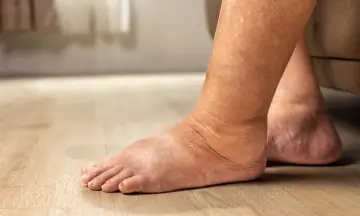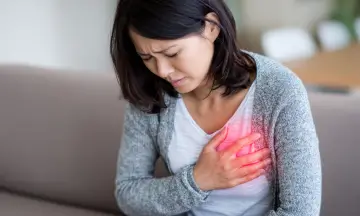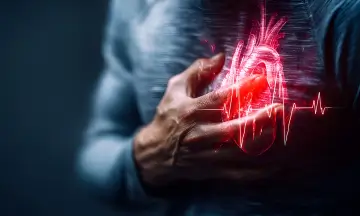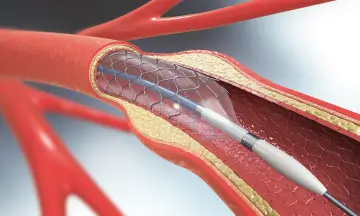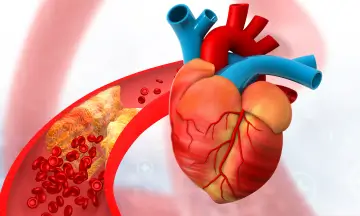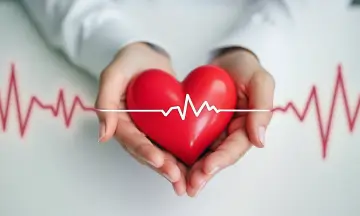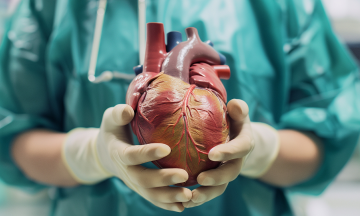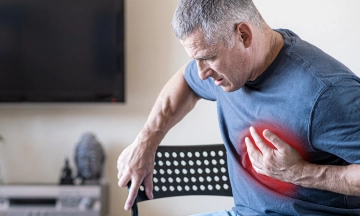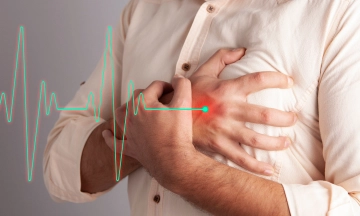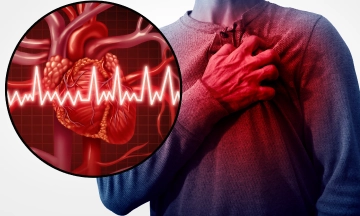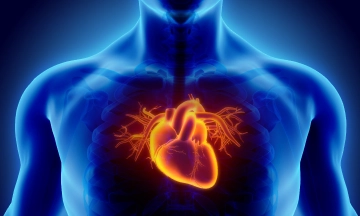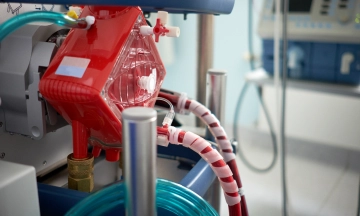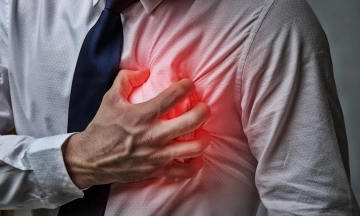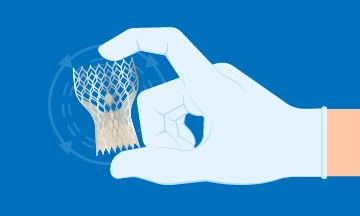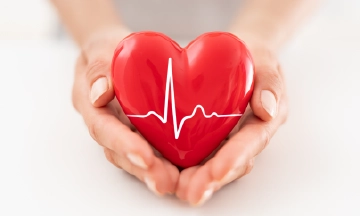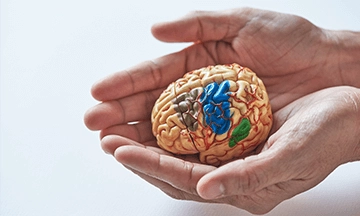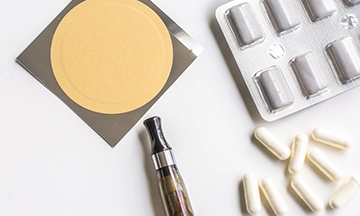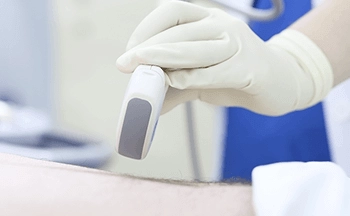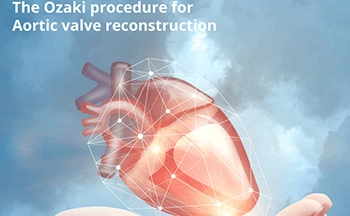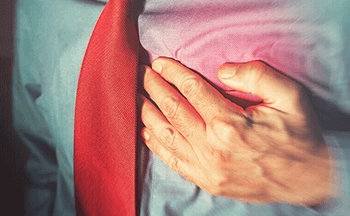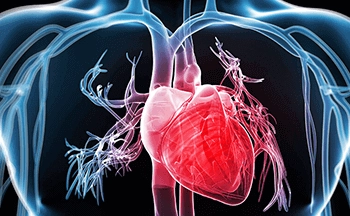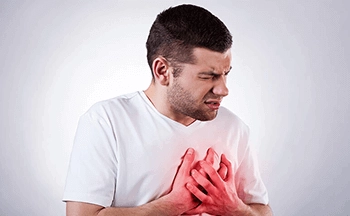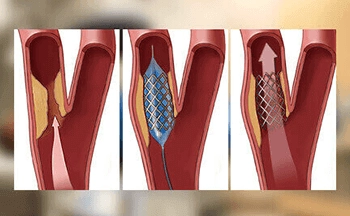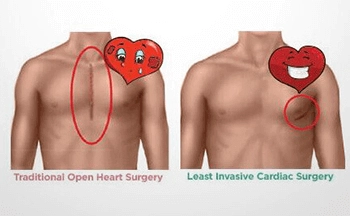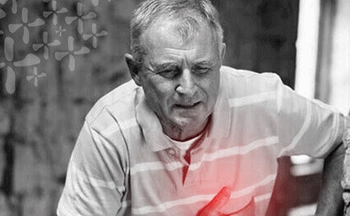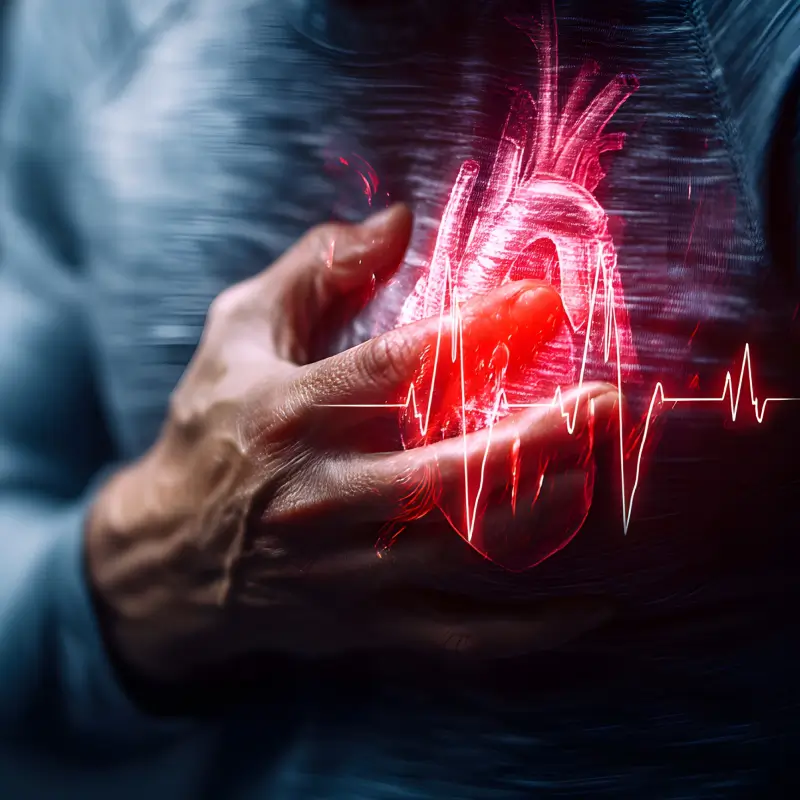
Feeling a tight sensation in your chest can be worrying, especially when you’re not sure what’s causing it. Many people ask, “Why does my chest feel tight?” The truth is, chest tightness can stem from a wide range of reasons—from minor issues like anxiety to serious health conditions. It may feel like pressure, squeezing, or even a heavy weight on your chest. Sometimes, it’s harmless and temporary, but other times, it can signal an underlying medical problem that needs prompt attention. Understanding the cause is key to proper treatment and peace of mind.
What Does Chest Tightness Feel Like?
A tight chest is usually experienced as pressure or squeezing in the chest or fullness in the chest. Some say it feels as though one has something heavy on his/her chest. Other symptoms associated with a tight chest could be shortness of breath or the pain of breathing, or even the pain which emanates to the shoulders or the arms. One should also listen to any other indicators that accompany this feeling.
Causes of Chest Tightness
Chest tightness can have a number of causes, and they can be as follows:
- Anxiety, stress: Rapid breathing and tightening of the muscles can lead to chest tightening when there is stress, and panic attack, or even an anxiety disorder.
- Heart-related Conditions: Tightness or chest pain may be due to conditions like angina, heart attack, or pericarditis. These are in need of an urgent medical solution.
- Respiratory Issues: Difficulty in breathing and tightness in the chest are caused by asthma, pneumonia, bronchitis, or COVID-19.
- Gastrointestinal Problems: Ache or constriction of the chest can be produced by acid reflux or gastroesophageal reflux disease (GERD), which many people attribute to heart pain.
- Muscle Strain: Chest muscle tightness or pain may be experienced after overuse or injuring the muscles, and mostly after heavy lifting or intense exercise.
Symptoms of Chest Tightness
Understanding the tight chest symptoms can help identify the underlying issue. Common signs include:
- Pressure in the chest or pressure in the chest area
- Trouble breathing or shortness of breath
- Pain of sharp or dull character in the chest
- Heart racing or palpitations
- Lying-down feeling or dizziness
- Wheezing or coughing (in the event of causes that involve the respiration)
Treatment for Chest Tightness
Treatment depends on the cause:
- For Anxiety or Stress: Breathing exercises, meditation, therapy, and anti-anxiety medications can help.
- For Heart Conditions: Medications, lifestyle changes, or surgical interventions as prescribed by a cardiologist.
- For Asthma or Lung Conditions: Inhalers, bronchodilators, or steroids.
- For Acid Reflux: Antacids, dietary changes, and avoiding trigger foods.
- For Muscle Strain: Rest, ice packs, and over-the-counter pain relievers.
How to Relieve Chest Tightness at Home
Wondering how to relieve chest tightness naturally? Here are some chest tightness home remedies that might offer comfort:
- Deep Breathing: Breathe in through the nose in short breaths, then hold it in your chest and breathe out slowly. Practice this for 5-10 minutes to allow the relaxation of chest muscles.
- Warm Compress: Apply a warm compress to the chest area if the tightness is due to muscle strain or tension.
- Stay Hydrated: Stay hydrated, drink a
- lot of water so that your lungs are moist and you can breathe in general with relief.
- Avoid Triggers: In case of GERD as the reason, spicy, acidic or fatty foods should be avoided. Do not lie down after meals.
- Herbal Teas: Peppermint tea or ginger could be used to aid digestive distress and ease the feeling of bloat or bloated digestion.
- Cleaner Air: Consider using a humidifier or staying in well-ventilated neighborhoods in case it is allergies or asthma that causes it.
Conclusion
Chest tightness may be due to as trivial as a state of stress to as severe as heart disease. Being aware of signs and symptoms such as a tight chest, being aware of the causes of chest tightness, and what can be done to ease chest tightness can make a world of difference to your health.
There is no reason not to consult your doctor when you are not sure whether it could be PVC. It is best to do so, especially when it is sudden, severe, or something that you do not know about. Chest tightness home remedies sound helpful to acquire temporary remedies, but it is only with a professional diagnosis that one can enjoy permanence.
FAQs
Q1: Why does my chest feel tight even when I'm not doing anything?
Chest tightness can occur due to anxiety, acid reflux, or asthma—even at rest. If it persists or worsens, seek medical advice.
Q2: What are the serious reasons for chest tightness?
Heart attack, angina, pulmonary embolism, or pneumonia can all cause severe chest tightness and should be treated as emergencies.
Q3: Can stress alone cause chest tightness?
Yes. Emotional stress and anxiety are among the most common reasons for chest tightness, especially if there are no physical issues.
Q4: How can I tell if my chest tightness is related to the heart?
Heart-related tightness is usually accompanied by pain, pressure, sweating, nausea, or pain radiating to the arm or jaw. If you experience these, call for emergency help.
Q5: Are home remedies safe for chest tightness?
For mild or stress-related cases, chest tightness home remedies may help. However, they should never replace medical care in serious situations.





